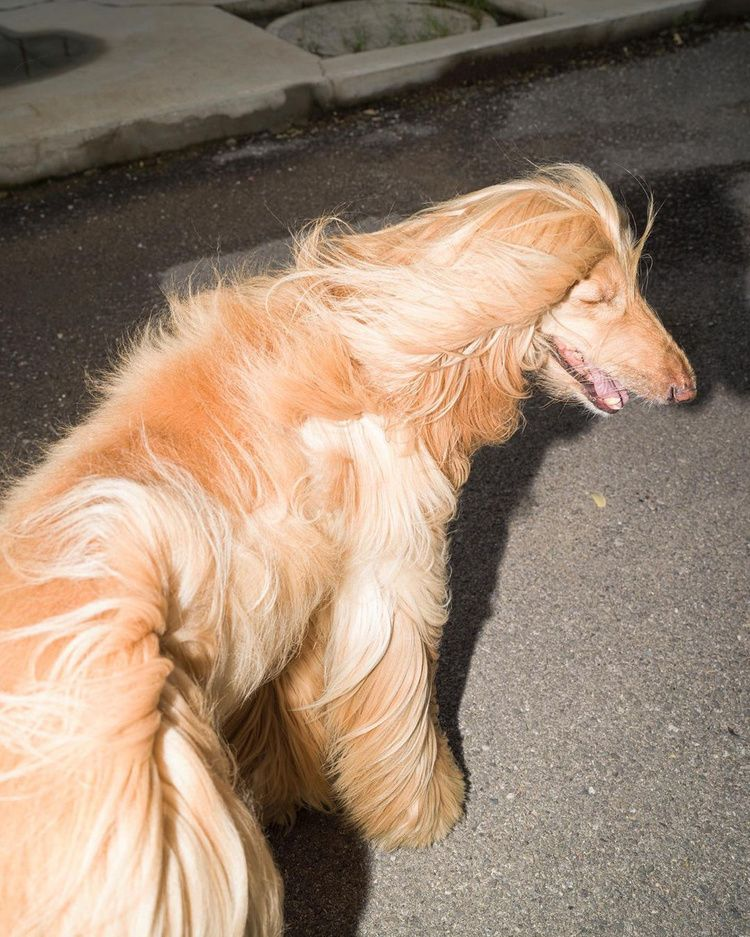Pixel #4: Heatwave Edition
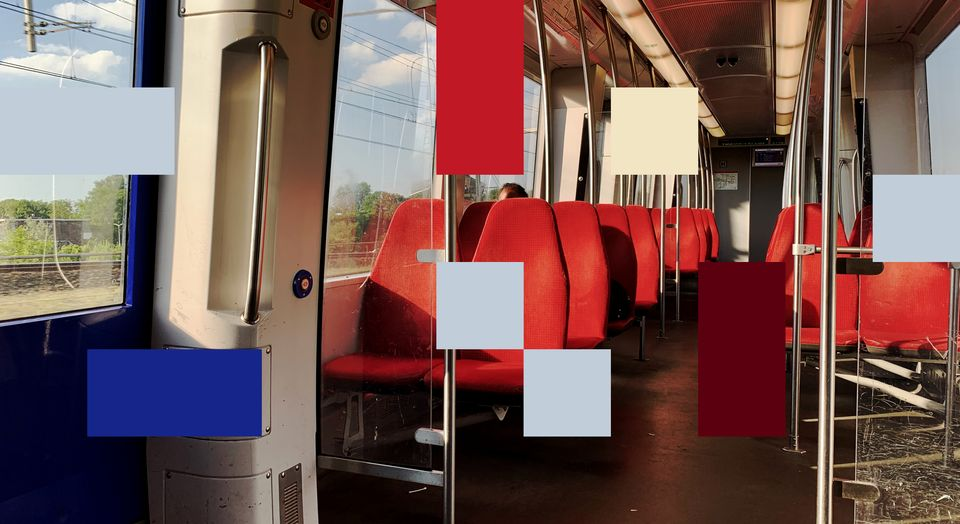
Hello!
This week we're thinking about remediation and photography as an initial phase of creative ideas instead of as their final form. It has been a busy few days because of the end of the academic year and the beginning of the summer, but we had time to speak with long-time photographic chaostician R. Canon Griffin. His anarchic and bewildering assemblages plunge viewers into parallel futures, forgotten histories and unresolved presents.
That and more, after the fold:
Interview
Breaking Out Of Pitiful Vision
The fantastical (re)imaginations of R. Canon Griffin
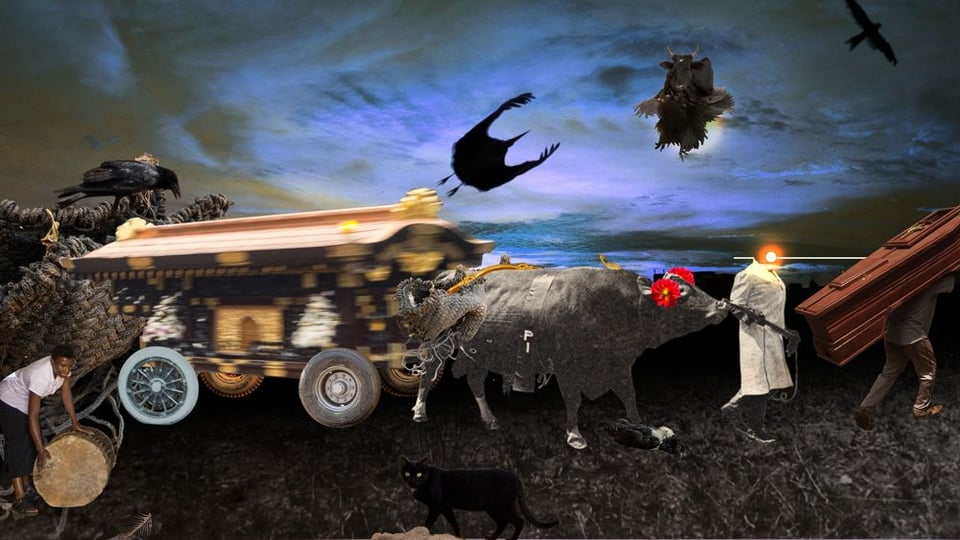
"Let my collages be your eye candy or food for thought at a University in Stellenbosch or Groningen or Alexandria. This work is commentary about how everything is connected. The barbarians clean your bedroom these days, no need to make them think there is a gate to take."
What We're Reading This Week
Apart from the label on the back of the suncream obvs
https://www.noemamag.com/the-new-media-goliaths/Everyone and their dog has been sharing this article in the past few days, but that's because it's bloody good.
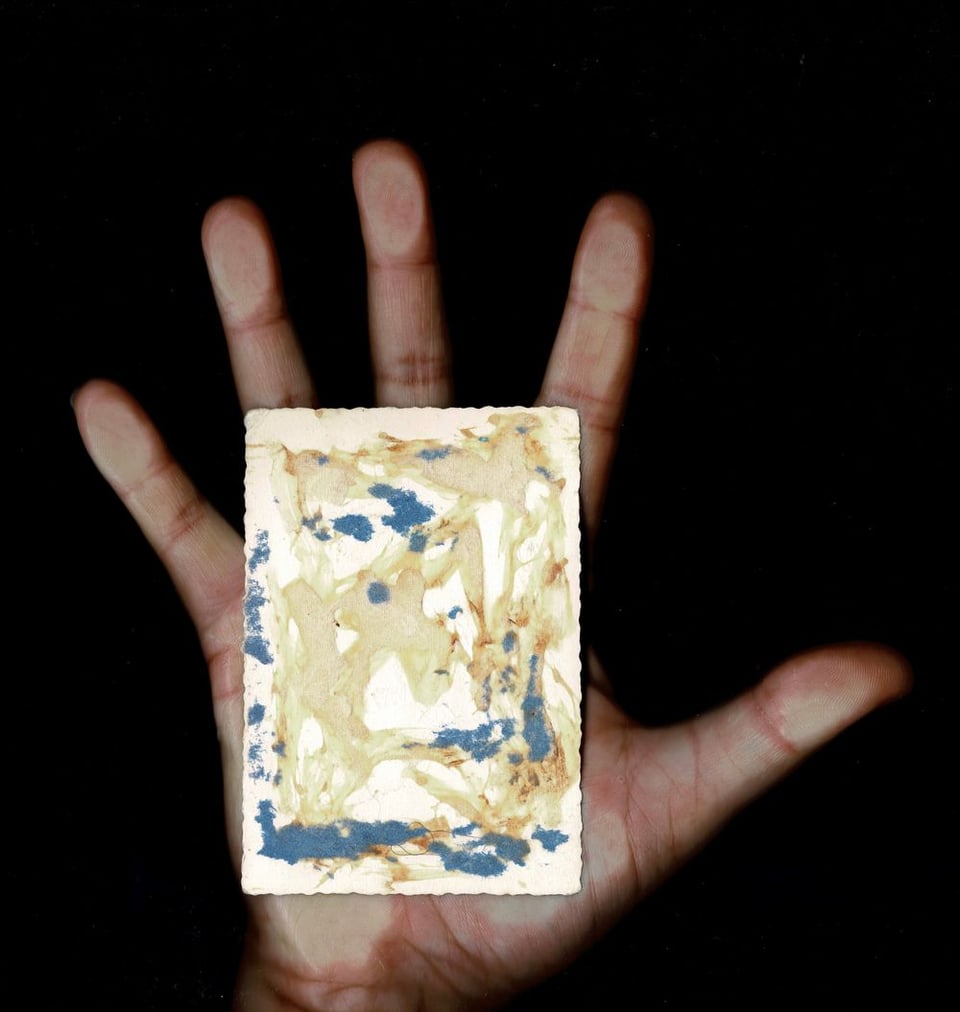
Since its inception, photography has been a field in which this conflict expresses itself to the maximum. Art that arises from technology, ideologically bound, in some way, to a positivist adherence to reality, in practice not only interprets the world, but modifies, transforms, alters it. Technological development is the equivalent of sharpening a musical note for photographic technique.
- from this absolute banger of an introductory text to the Gibellina Photoroad Open Air & Site-Specific Festival. For inspiration visit their website or, even better, just take a train to Sicily this summer 😎
Visual Phenomena & Optical Illusions
This huge collection of non-scary optical illusions and fascinating visual phenomena emphasizes interactive exploration, beauty, and scientific explanation.
This is a treasure-trove of weird little visual toys, each explained properly. Hours of fun.
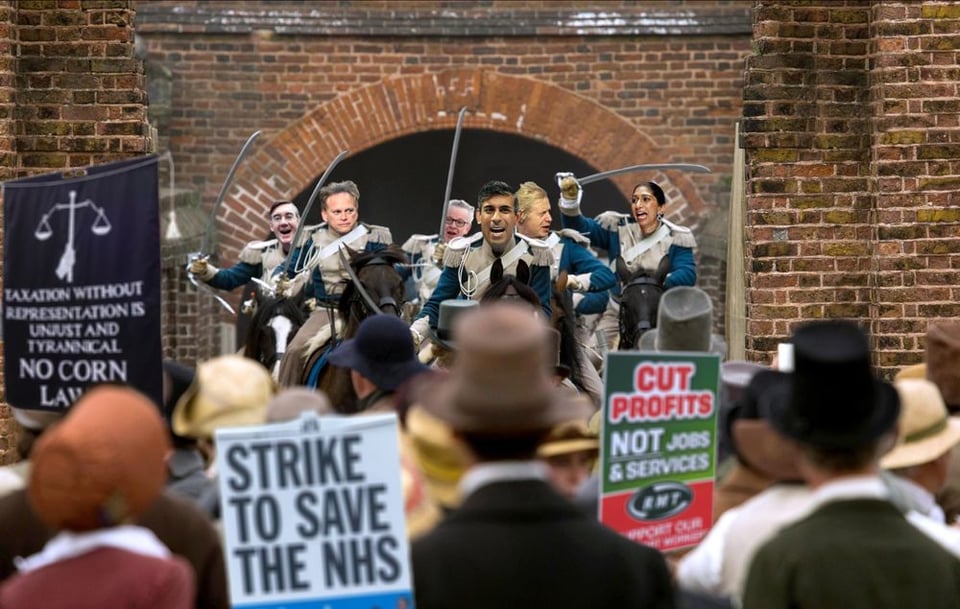
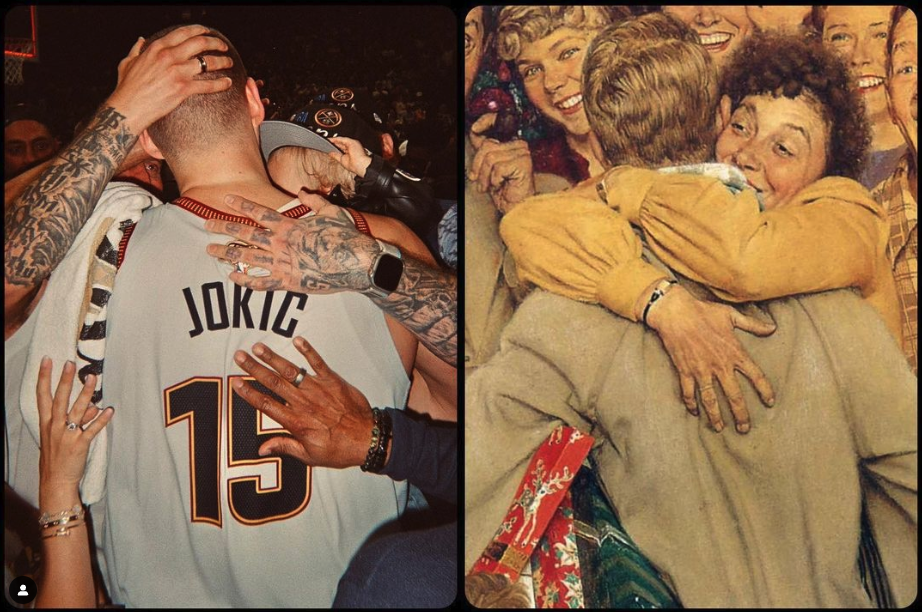

Whales Through a New Lens | Hakai Magazine
Forty years ago, the world’s whale researchers met in Indiana. The now legendary, but nearly forgotten, meeting changed the way scientists and the public see whales—and it all started with a few photographs.
Seems weird to say it, but there was a time when people couldn't tell whales apart. This is the story of how a biologist used photography to solve that, and as a bonus it contains a full explanation of the technique so you can also learn how to identify individual whales.

A new scepticism and a look at my probable teeth
A friend told me the other day that he was feeling a bit of "AI fatigue" after the last few weeks, which I can well understand. It has all been a bit much. From the Sony World Photography Award to the Amnesty Norway fake photo campaign to the Pentagon explosion deepfake
Frauke Schnoor is Senior Photography Editor at ZEIT CAMPUS magazine, and her newsletter is funny and engaging on the topics of photographic futures and artificial intelligence. The latest issue is no exception!
Amazing Video Alert
An engaging and lively dissection of the seemingly endless flatness of current cinema in which Thomas Flight discusses metamodernism's desire to turn everything into a reprocessing of something we already saw. Replace 'film' with 'photography' and this script is an interesting lens through which to view a lot of current prizewinning photography.
Show Your Brains to Hapax
Hapax are a nice bunch, and they're kind enough not to waste people's time with a long-winded submission process asking ambiguous questions with uncomfortably constraining word counts for the response fields (unlike certain Royal Photographic Societies we could name). Their biannual call is currently open, and closes on July 10th. Find out more and apply here:
https://www.hapaxmagazine.com/new-page-1(And why not buy an edition or two while you're there?)
Catalogue Corner
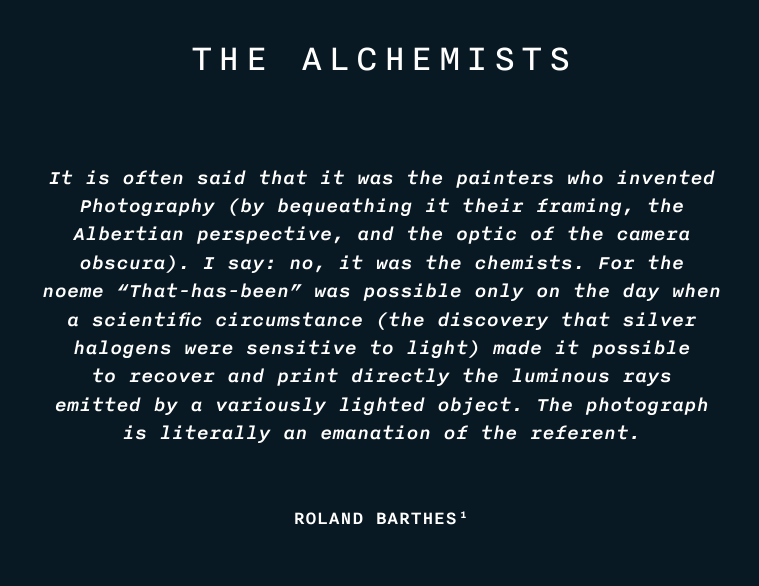
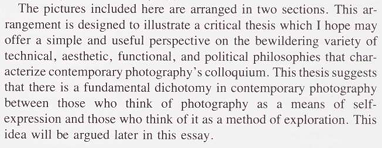
One Last Thing
